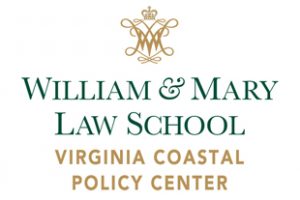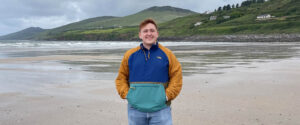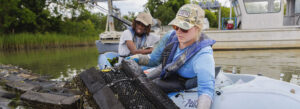National report identifies regulatory barriers to expanding shellfish aquaculture in coastal communities
A report released by the National Sea Grant Law Center and attorneys in the Virginia, California, Georgia, and Rhode Island Sea Grant programs, identifies the laws and policies impacting shellfish aquaculture operations at a local, state, and federal level. Produced through a multi-institutional collaboration with funding from the National Sea Grant College Program, the report provides potential solutions to legal barriers impacting the expansion of shellfish.
“Legal and permitting issues are consistently ranked as a critical impediment to domestic aquaculture development,” says Stephanie Otts, director of the National Sea Grant Law Center. “Through the release of this report and accompanying case studies, we hope to raise awareness of these common challenges and equip aquaculture industry professionals with the necessary knowledge to prepare for regulatory obstacles.”
The project team developed eight case studies that describe regulatory hurdles on the federal and state level in Virginia, Georgia, Rhode Island, and California to address regulations and policies governing oyster aquaculture in specific states.
In Virginia for example, increases in Virginia Beach’s population along the waterfront, coupled with the growth of nearshore aquaculture operations, have led to conflicts concerning the use of the Lynnhaven River. As aquaculture farming methods have shifted from traditional on-bottom operation to the use of cages closer to shore, property owners voiced concerns about privacy, noise, property values, boating safety, and water access.
The Virginia case study, finalized in summer 2018, noted that early efforts to resolve the issues were unsuccessful, and resulting legislation only addressed some stakeholder concerns. Significant issues remained within communities along the Lynnhaven and other waterways in the Commonwealth.
“When attempting to mediate these types of user conflicts, it is important to develop trust among the stakeholders through a combination of education and communication,” says Professor Elizabeth Andrews, director of the Virginia Coastal Policy Center at William & Mary Law School. “Our team reviewed similar user conflict situations and were able to offer recommendations for designing a process that will lead to improved stakeholder engagement.”
Since completion of this Virginia case study, the Virginia Secretary of Natural Resources convened a Clam and Oyster Aquaculture Work Group to develop consensus-based recommendations to promote the sustainable growth of these industries in Virginia. And, as a result of the Work Group’s recommendations, legislation to modify the leasing framework passed during the 2019 Virginia General Assembly Session.
A second Virginia case study considers the development of guidance materials to assist those interested in starting, or expanding, an aquaculture operation with navigating the process.
The Virginia Coastal Policy Center (VCPC) at William & Mary Law School provides science-based legal and policy analysis of ecological issues affecting the state’s coastal resources, providing education and advice to a host of Virginia’s decision-makers, from government officials and legal scholars to non-profit and business leaders.
The National Sea Grant Law Center’s mission is to encourage a well-informed constituency by providing legal information and analysis to the Sea Grant Community, policy-makers, and the general public through a variety of products and services.

In Virginia, increases in Virginia Beach’s population along the waterfront, coupled with the growth of nearshore aquaculture operations, have led to conflicts concerning the use of the Lynnhaven River.





